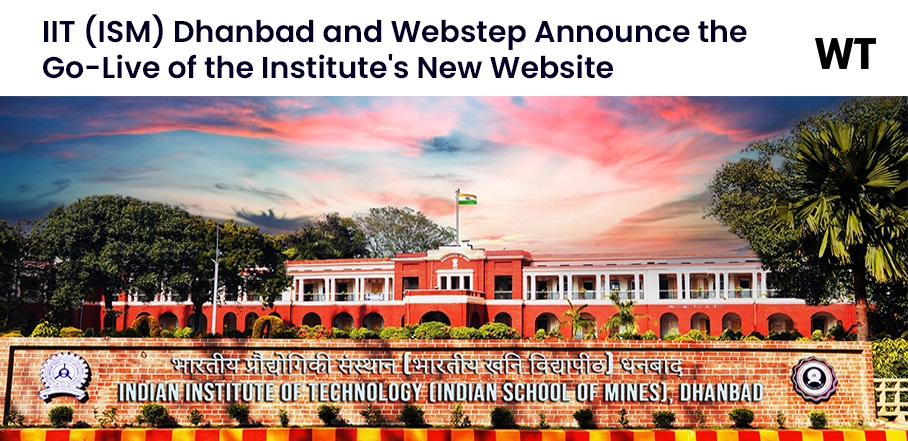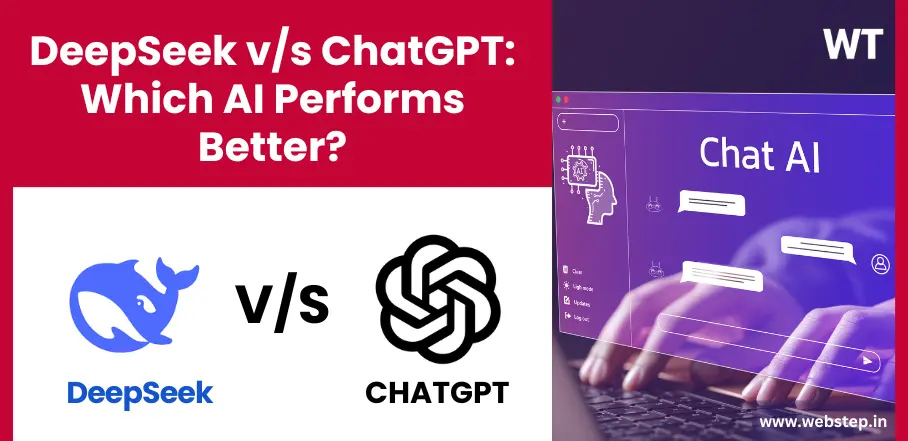During the early introduction, digital marketing was defined as an approach that was simply a projection of conventional marketing, with tools and audience online. However, the arrival of the digital era fostered development using several strategies and technologies that transformed into a new phenomenon that was result-driven and highly effective for accomplishing marketing goals. Technological convergence and the availability of advanced devices have transformed the concept of marketing to introduce more user-centric and interactive practices. Over the years, the benefits of digital marketing have been observed in terms of branding, interactivity, visual communication, virality and most importantly measuring the output.
Enterprises across the globe are keen to leverage cutting-edge tools and tactics for driving lead generation and brand awareness across digital channels. This process is made more customer-oriented with a strategic roadmap that involves building out customer persona to identify and reflect on customer requirements. This initial step can be a game-changing factor in determining the relevance and engagement of online marketing content. Therefore, making strategic consultation a crucial stage for accelerating business growth via digital marketing.
Transforming to Digital Business
Businesses across multifarious industries adopting business models and transforming their products and services harness the power of digital media. The aim of upgrading into a digital business is to enhance customer engagement and achieve the utmost success in the business of today and the future. Enterprises are now partnering with digital marketing agencies for next-generation digital services and consulting to achieve similar objectives. The focus has shifted towards creative branding, insightful strategies, and the utilization of deep technology capabilities. While many businesses are reinventing into digital business for meaningful differentiation and economic value, many enterprises have adopted a hybrid approach to avail benefits of digital marketing and practicing conventional marketing at the same time.
Combining Traditional and Digital Marketing
The fast evolution of digital marketing technology and its impact on consumer behavior is quite evident. Companies are becoming more aware of the potential of this future-ready marketing approach and acquiring expert services to thrive in digital commerce. However, it is an undeniable fact that the longevity of traditional marketing has accustomed consumers to it. To leverage the benefits of both digital and traditional marketing, a blended approach is adopted by many. The objective of this blend is to merge the virtual and real world with experience and marketing skills.
Despite advantages like durability, digital marketing is overpowering and outperforming conventional marketing due to the change in consumer behavior specifically the drastic shift in media consumption. Digital marketing brings a futuristic opportunity for better human-centered marketing and enhances visibility among audiences to increase brand awareness. Businesses opting for a hybrid approach often target a mature demographic that is still likely to use traditional media like television, radio, or magazines.
Digital marketing tools
Most of us are already familiar with conventional marketing tools, so let us take a look at technological tools and marketing elements that are navigating the digital transformation journey for enterprises across diverse industries.
- Search Engine Optimization (SEO): It is about the understanding of search engines to present and rank websites in search results. Simply put, higher-ranking results are directly related to the organic traffic to the website. The SEO tools are associated with the management and promotion of marketing content via Google Search.
- Social Media Marketing (SEM): This marketing practice involves the promotion of business via social media to drive traffic and improve brand awareness. The channels you utilize for SEM depend on your target demographic.
- Content Marketing: Content marketing often depends on blog posts, eBooks, whitepapers, brochures, and lookbooks for advertising products to the audience. The content assets can significantly contribute to lead generation and audience engagement.
- Marketing Automation: This is an effective tool for automated and efficient marketing operations. Many digital marketers depend on the tools to schedule tasks like sending Email newsletters, posting on social media, tracking campaigns, etc.
- Pay-Per-Click (PPC): PPC is an interest marketing tool with a cost-effective payment model and technique that allows businesses to appear on the organic result but pay only for ad clicks or website traffic from the ad.
Cons of Digital Marketing
Our discussion on digital marketing has so far discussed its benefits however, no technique can be said to be flawless. While the popularity of digital marketing is increasing, so is the number of enterprises competing to leverage its transformative advantages. A large number of businesses are competing with identical marketing strategies. Apart from that, brands utilizing digital campaigns often fall prey to frauds that misuse their brand image to fool consumers and create a lack of trust among them. While digital marketing has the power to disseminate information, this power also makes businesses vulnerable to false or negative brand image.





